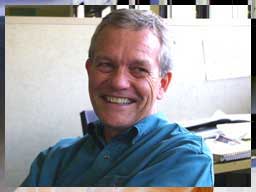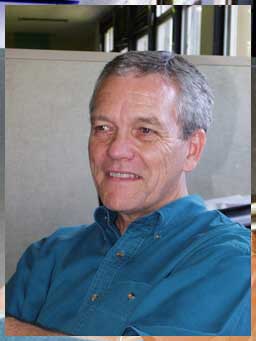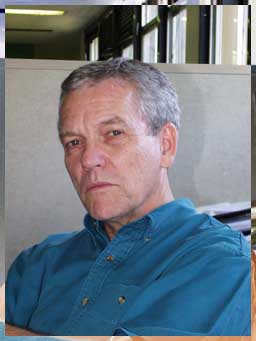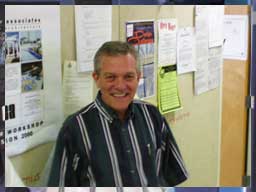| Gere Smith | Gere's answer to this years SLO Landscape question. |
|
|
What do you feel your responsibilities are, if any, to teach your students to improve or sustain the environment? During my entire 35 year career in education, I have always focused on improving the urban, suburban, rural and wilderness environments. This is what differentiates the profession of landscape architecture from all other professions. Young professionals and students must develop their own ways of personalizing this overarching goal. The desire, the passion, must come from within an individual. It takes time to understand the purpose and depth of commitment it requires to sustain this passion. One can not simply say one day, "I now possess IT and will now crusade for ITS accomplishment!" The transformation occurs a little at a time. No magic. No mysterious conversion over night. One day you find yourself crying at the sight of a littered vacant lot or public space. Or it happens when you see a polluted stream or a bird killed by a ferral cat or dog. At that time the conviction wells up in you and spills out in the form of tears and perhaps anger. Sometimes you may see it in a few others. Unspoken. It's in the eyes; a burning desire to step forward, intervene, speak out. Can this be taught. No. However, the perception to see and be aware of the consequences of what you are seeing can be learned. The questioning and debate of values that impact on incidential and significant environments can be part of a learning experience. Developing skills of design intervention and communication of those ideas can also be learned. Exposing students to varying complexities of different cultural settings can help. Examining case study projects in other communities, talking and interviewing professionals, sketching and understanding space in the environment, comprehending the complex web of life - all can help. Have I done a good job of this challenge in learning over 35 years? Of course not. How to do this is a formatible task and needs consent improvement and experimentation. Do we ever get it right? Ask our students. If they succeeded in that transformation maybe that's where we can see success. If they become leaders in their community and in the profession, maybe then I can say it worked. It all depends..... Gere Smith |
|
|
|
|
|
|
|
|
|



